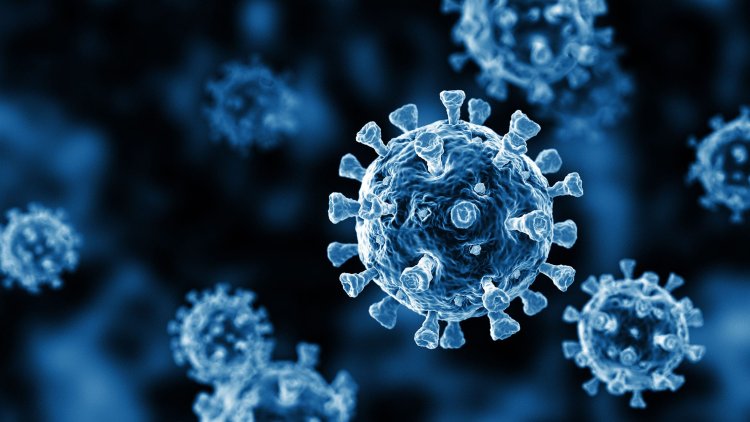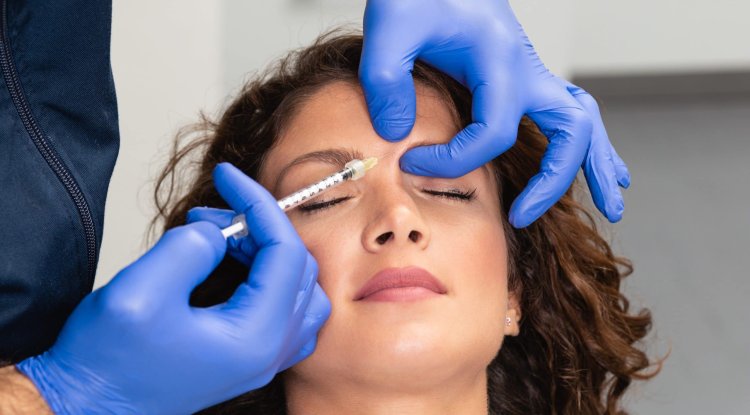Covid symptoms have changed: Here's what to expect
Although there are similarities in covid symptoms between those who received both doses of the vaccine and those who did not, there are also significant differences that can help you determine if you should be tested for coronavirus

As SARS-CoV-2 develops and mutates, so do the symptoms it causes in humans. Loss of smell, for example, was once one of the hallmarks of COVID-19 disease but is now only the ninth most commonly reported symptom in those who have an infection (and have not been vaccinated).
There are also differences in how people who have yet to receive one or two doses of the vaccine experience this new disease, according to research by the ZOE study of COVID symptoms in the UK.
While there are similarities in symptoms between those who have received their vaccine doses and those who have not, there are also significant differences that can help you determine if you should be tested.
Symptoms of COVID-19 disease in unvaccinated
According to the study, in people who have not been vaccinated against COVID, the most common symptoms are currently:
1. headache
2. sore throat
3. runny nose
4. fever
5. prolonged cough
In addition to anosmia falling off the scale, shortness of breath was the 30th most common symptom, markedly different from the early stages of the COVID-19 pandemic. The symptoms for those who received a single dose of the vaccine were similar to those who were not vaccinated.
Symptoms in those who received a single dose of the vaccine
1. headache
2. runny nose
3. sore throat
4. sneezing
5. prolonged cough
“One of the original indicators of a prolonged cough was among the top five symptoms, but it is still below the sneezing and runny nose on the scale,” the study authors write. "They used to be thought to be unrelated to the infection."
In those who received two doses of the vaccine, the differences were even clearer, and persistent cough was not among the first five symptoms of the disease.
Symptoms in those who received two doses of the vaccine
1. headache
2. runny nose
3. sneezing
4. sore throat
5. loss of smell
For those who became infected with the coronavirus after receiving both doses of the vaccine, symptoms were reported to last shorter, indicating that they were less severely affected by COVID.
Like changes in the virus itself, which explain changes in symptoms among the unvaccinated, some of the changes may be related to the demographics of those who become infected.
“There are several reasons why symptoms can change,” the scientific team writes. "Including the fact that those who are vaccinated have less severe symptoms, as well as more cases being reported by younger people, who we found to have different, less severe symptoms."
Although the symptoms of the infection changed slightly in the vaccinated, the advice remained the same.
"If you're vaccinated and start sneezing often without explanation, you should get tested for coronavirus, especially if you live or work near people who are at higher risk of the disease."





























